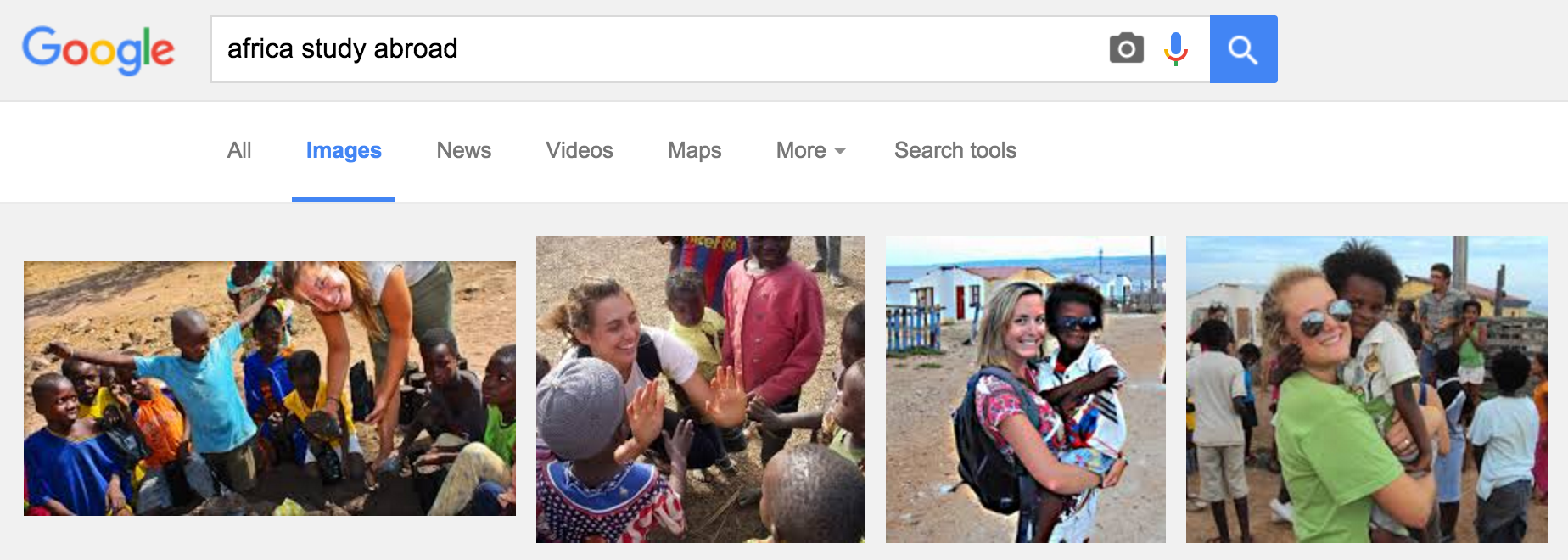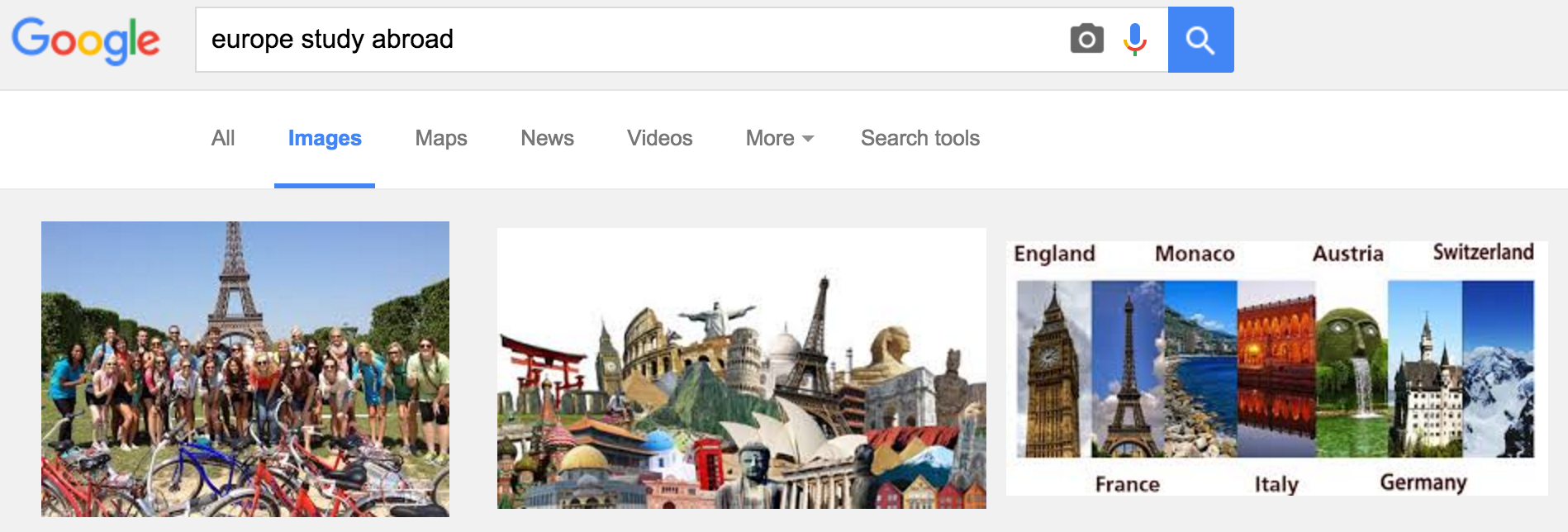The Homogenization of Africa: Perspectives on Western Students Studying Abroad in the Global South
From a social perspective, globalization can work to connect people of similar ideologies across borders through social media and the ease with which we can now travel. These imagined communities help build senses of nationalism as well as open up the potential for global connectivity. Being able to work and study abroad helps to educate people about other cultures, which in turn can foster a sense of global community. With such a community, people can work to understand each other from a cultural level such that there are fewer inter-cultural conflicts. While these are certainly positive aspects of the social side of globalization, there are also quite a few negatives. The way social and news media portray certain countries and conflicts are incredibly skewed and frequently serve political agendas that are contrary to the foundation of a harmonious global community. For instance, the entire continent of Africa is frequently portrayed in the media as a homogenous, singular force that is undeveloped and in need of western intervention. These residual imperialist sentiments are pervasive in news media and are frequently perpetuated on social media by those in the global north coming to Africa on mission or service trips.
Compare, for example, the results of these two Google Image Searches:
On social media, it can seem a lot more fashionable to post a photo with a South African child in a township rather than an image of the bustling city of Cape Town. It is in this skewed perception of Africa that the dangers of a seemingly connected world become clear; though many claim that globalization opens the doors for intercultural communication, the reoccurring theme of a western-dominated discourse on global affairs leaves large portions of the world in positions that are incongruous to global social mobility.

